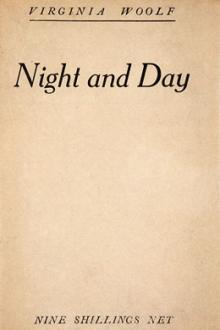The Filigree Ball by Anna Katharine Green (summer reading list TXT) 📕

- Author: Anna Katharine Green
- Performer: -
Book online «The Filigree Ball by Anna Katharine Green (summer reading list TXT) 📕». Author Anna Katharine Green
He nodded, quietly showing me first the one, then the other; then with a sheepish air which he endeavored to carry of with a laugh, he cried:
"Have you use for 'em? If so, I'm quite willing, to part with 'em for a half-hour."
I was more than amazed at this evidence of weakness in one I had always considered as tough and impenetrable as flint rock. Thrusting back the hand with which he had half drawn into view the weapon I had mentioned, I put on my sternest sir and led the way across the street. As I did so, tossed back the words:
"We may come upon a gang. You do not wish me to face some half-dozen men alone?"
"You won't find any half-dozen men there," was his muttered reply. Nevertheless he followed me, though with less spirit than I liked, considering that my own manner was in a measure assumed and that I was not without sympathy - well, let me, say, for a dog who preferred howling a dismal accompaniment to his master's music, to keepi





Comments (0)